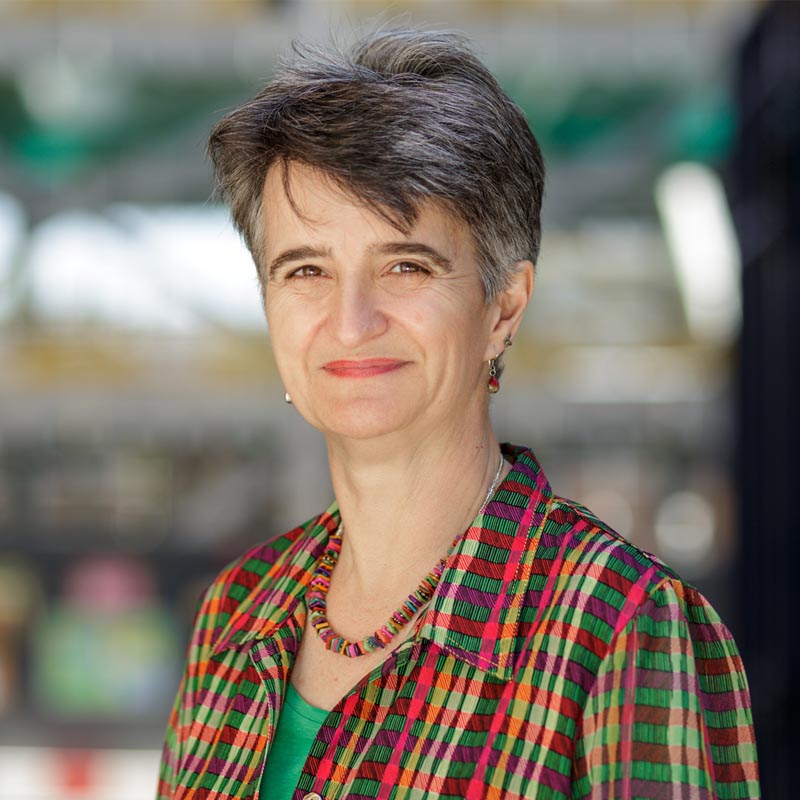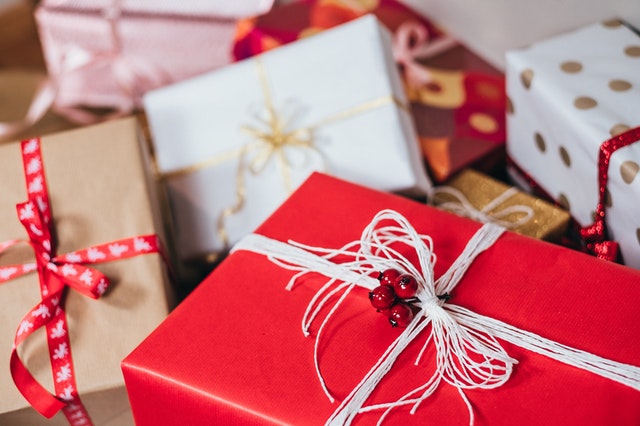When I was a child at our family Christmas day gatherings, I used to hide some of my presents away. This was because I was often embarrassed by the large number of presents I used to receive compared to my cousins, partly because my parents were divorced and so I had double sets of parents, grandparents etc. all giving me gifts.
Our Christmas tradition was for the children to take the presents from under the tree to create various piles for each person in the family to open after the Queen’s speech in the afternoon. This was why it was particularly evident how very large and high my pile of gifts looked compared to everyone else’s. I felt very uncomfortable with the inequality and this feeling has remained with me whenever I am in a situation where I feel I am much luckier or more privileged than those around me.
This time of year really makes us all consider the sharp differences between those who have so much and those who have very little – whether it is those who will have very few presents to open or those who feel lonely and sad at Christmas.
Many of us know that happiness is not measured by quantity of things, but much more by quality – especially of time and of relationships. We know that there are many children who have very little in the way of toys, but as a result are particularly creative about making the most of the simplest thing to play with – a large cupboard box for example can become a cave, a castle or anything we want it to be! When in care environments, we can create a sense of the magical feel of Christmas by the smallest things, for example pulling a cracker together, placing fairy lights around a tree or a window, drinking a hot chocolate with marshmallows or a mulled wine. In all these situations it is not what we do, but the way that we do it that makes it feel special!
We don’t have to spend lots of money to make the festivities fun, but it helps to be thoughtful and generous in different ways, so it is not about what or how much we have, but more about who we are and how we give of ourselves which is the most important.

Consultant & Trainer
MCM

